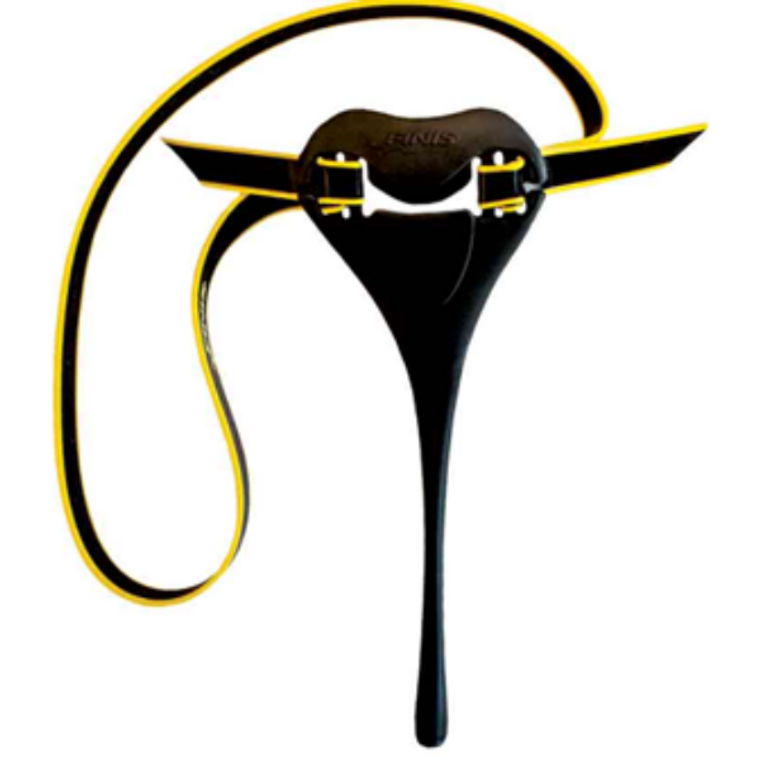
The Posture Trainer promotes correct head and spine alignment, which is key to an efficient swim stroke. When secured to the back center of the head, the device should be undetectable until the swimmer exceeds the recommended posture range. Keeping the head in the proper position throughout the entire swimming motion corrects spinal alignment, which elevates the hips, leading to a decrease in drag and an increase in kick propulsion. The Posture Trainer's versatility allows for use in all four swim strokes and fits comfortably with or without goggles.
FEATURES & BENEFITS
Proper Alignment Virtually undetectable until swimmer exceeds the recommended posture range
Instant Feedback: Provides tactile cues to inform swimmers of incorrect head position
Stroke Efficiency: Improves body alignment to decrease drag and increase kick propulsion
Versatile Fit: Can be worn with or without goggles; one size fits all
Turn Technique:Prevents a lifted head position prior to flip turns or open turns
Ergonomic Contours:Fits securely to head with minimal water resistance
Correct breathing motion: Reinforces proper breathing technique for butterfly, breaststroke and freestyle
All four swim strokes:Assists with technique for butterfly, backstroke, breaststroke and freestyle
INSTRUCTIONS
The posture trainer uses instant feedback to alert swimmers of improper head position and alignment. The device is designed to be undetectable until the head exceeds the proper alignment, thus leading to a more efficient stroke.
- Step one: Attach device
Weave the provided silicone strap through the posture trainer brackets (Figure 1) or use the brackets to secure the posture trainer to a google strap (Figure 2).
- Step two: Secure Fit
Secure the largest portion of the posture trainer to the back of the head in the center.
-Step three: Check Pointing
Tilt the head back to ensure that the device touches the spine just below the base of the neck (Figure 3)







